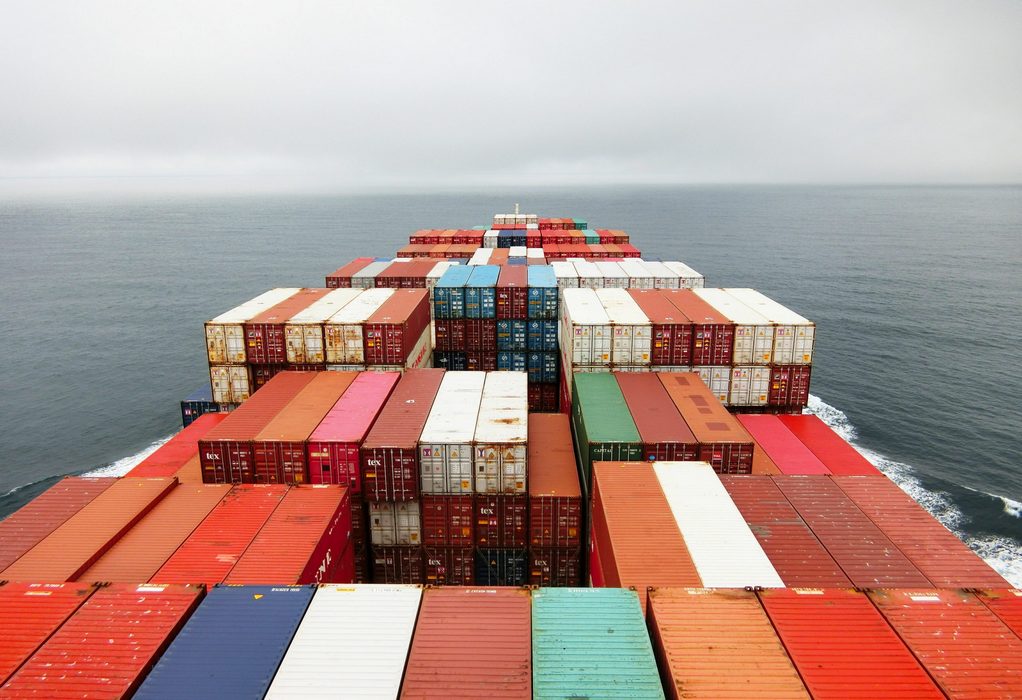Shipowners urged to act now to benefit from vessel pooling
Shipowners Urged to Act Quickly to Save Costs with Carbon Reduction Pooling

Shipowners Urged to Act Quickly to Save Costs with Carbon Reduction Pooling
Shipowners are being advised to act quickly to take advantage of vessel pooling, a method that can help them reduce costs and meet important carbon reduction targets. CarbonLeap, an independent group that focuses on helping the global transport industry manage its carbon reductions, has suggested that joining a pool can save money and avoid penalties. Pooling ships can also help shipowners comply with the FuelEU Maritime rules that will start in 2025.
Why Acting Early is Important
According to CarbonLeap, shipowners who wait until 2026 to join a pool might face big fines. They explain that shipowners who make pooling contracts before the FuelEU monitoring starts in 2025 will be in a better position to meet the rules without spending too much money. By doing this, shipowners will have a chance to save money, which they can then pass on to their customers.
Pooling can also give shipowners extra time to plan for even stricter environmental regulations that are coming. One of these future rules is the 6% well-to-wake GHG intensity target, which must be met by 2030. This rule means ships will have to use less carbon-intensive fuels from the time the fuel is produced until it is burned.
This is especially helpful for tramp shippers—those who do not follow fixed routes—because they may find it hard to get the right kinds of fuel at different ports.
FuelEU Maritime Rules Coming in 2025
Starting in 2025, ships that sail into, out of, or between European Union ports will have to follow the FuelEU Maritime regulations. Shipowners will have three main options to comply:
- Paying a penalty: This would cost shipowners about $2,600 per ton of VLSFO (Very Low Sulfur Fuel Oil) energy equivalent.
- Using alternative fuels and new technologies: These could be more expensive, but they may help shipowners reduce their carbon emissions.
- Joining a pooling system: This allows shipowners to share their ships’ carbon savings. If one ship has very low emissions, its extra savings can help another ship that is struggling to meet its goals.
Pooling may be the best option for many shipowners because it offers flexibility and can reduce the risk of heavy fines. However, CarbonLeap warns that shipowners need to act now. Choosing the right compliance strategy early can help avoid huge financial consequences in the future.
Conclusion
Shipowners have a clear choice to make before 2025. Pooling their vessels could help them avoid big costs while meeting the FuelEU Maritime rules. Acting now gives shipowners a better chance to save money and be ready for future environmental regulations. CarbonLeap encourages shipowners to plan ahead and start using vessel pooling as soon as possible.
